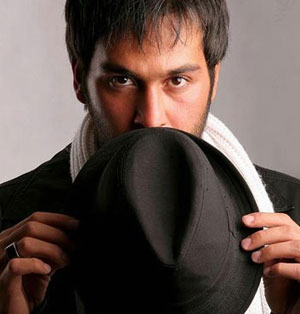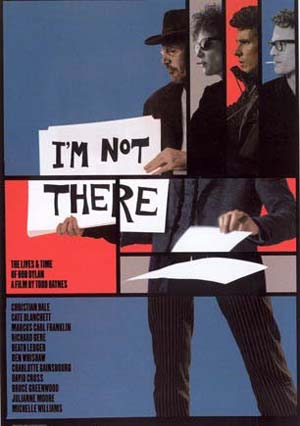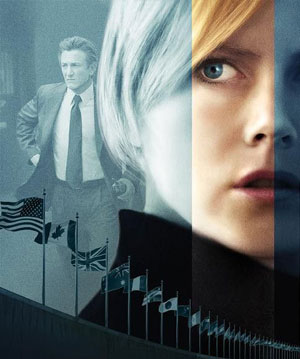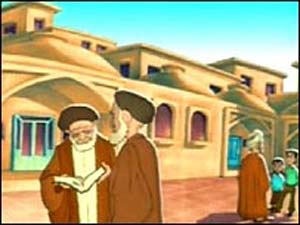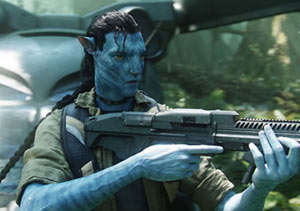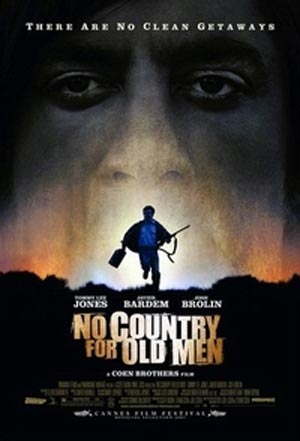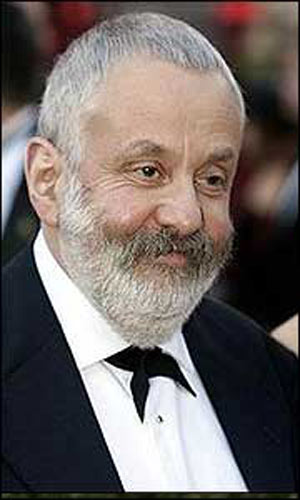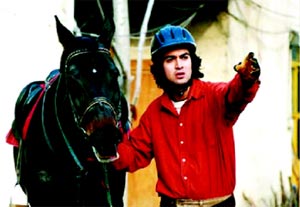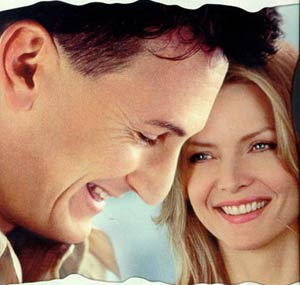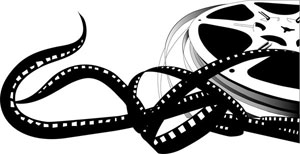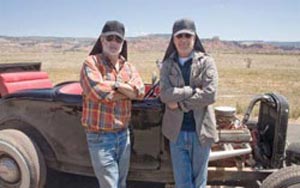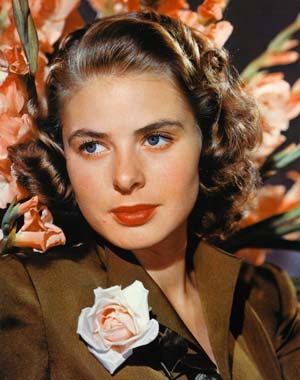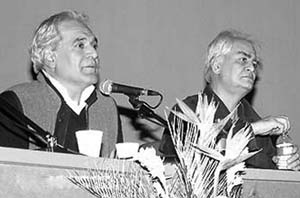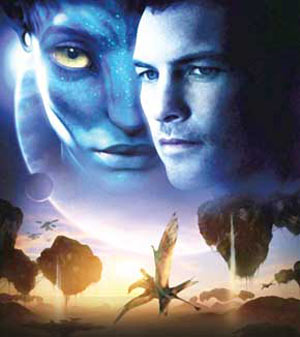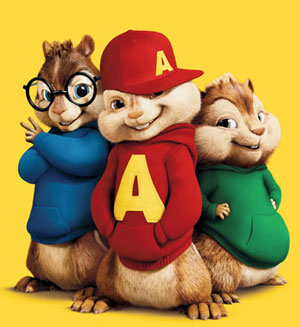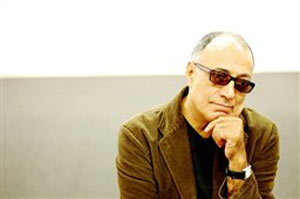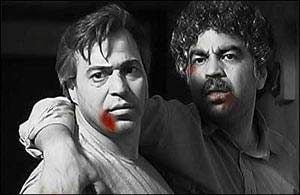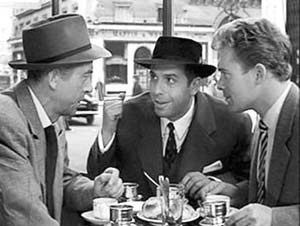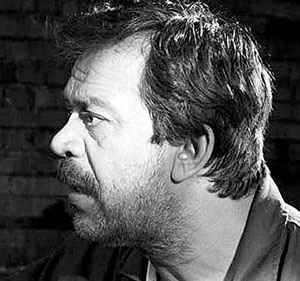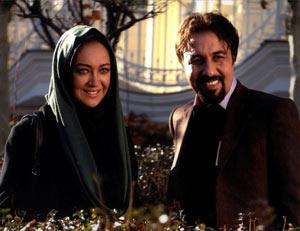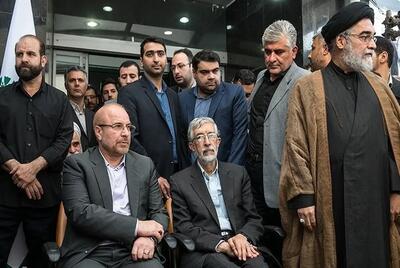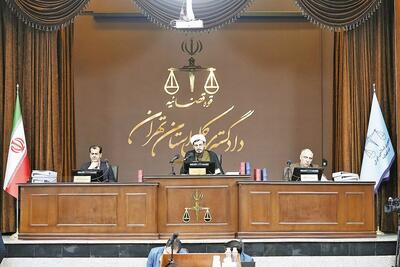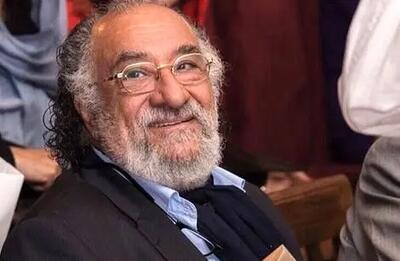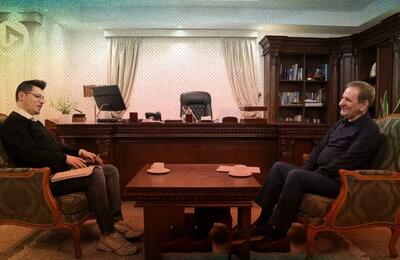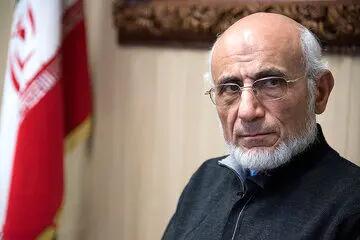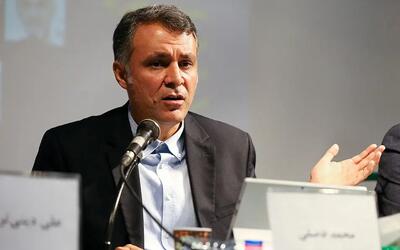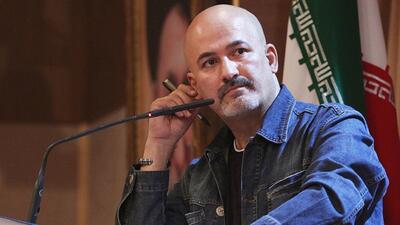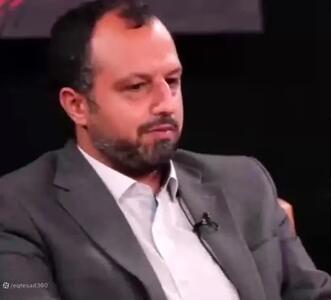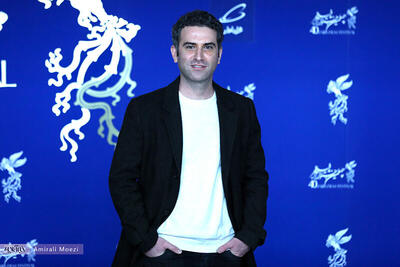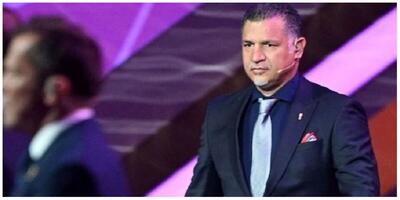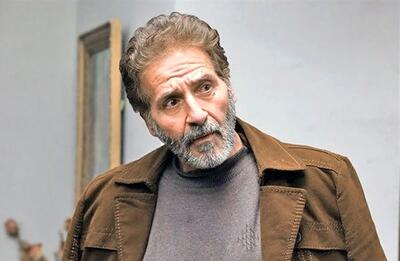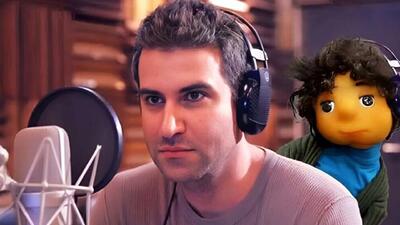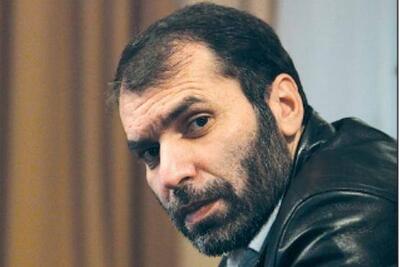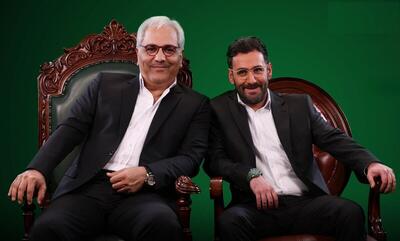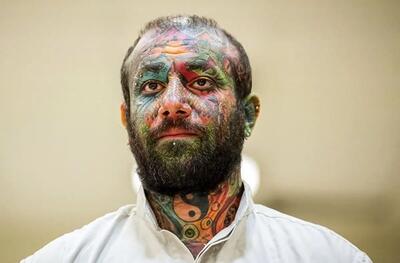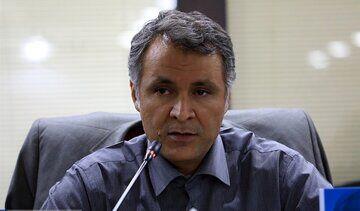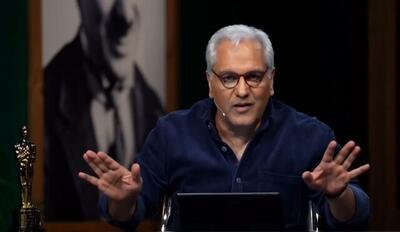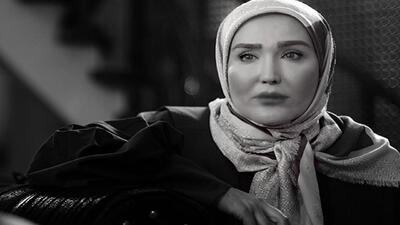چهارشنبه, ۵ اردیبهشت, ۱۴۰۳ / 24 April, 2024
The Social Network
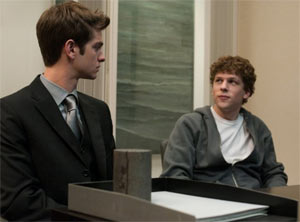
٭ Starring
Jesse Eisenberg
Andrew Garfield
Justin Timberlake
Armie Hammer
Rooney Mara
٭ Directed by
David Fincher
٭ Written by
Aaron Sorkin
٭ Based on the book by
Ben Mezrich
"The Social Network" has as its protagonist a character drawn in a Shakespearean mode, a high-achieving individual who carries within him the seeds of his own destruction.
This would, of course, be young Mark Zuckerberg (Jesse Eisenberg), the man behind the social-network phenomenon Facebook.
As the movie makes abundantly clear, the facts behind its founding are in dispute but, without a doubt, Zuckerberg did create Facebook. Yet far from celebrating this feat, the movie examines how a man who cares little about money became the world's youngest billionaire yet lost his one true friend.
At least that's what the movie says happened. The film, written by Aaron Sorkin, is based on Ben Mezrich's book "The Accidental Billionaires" and Sorkin's own research yet neither writer, predictably, was able to talk to Zuckerberg to get his point of view. So it is as a fictional construct -- based on ample public sources, however -- that "Mark Zuckerberg" achieves its Shakespearean dimension. He gains the whole world but loses his most meaningful asset because of a fatal flaw on view in the very first scene.
"Social" has the potential to be that rarity -- a film that gains critical laurels and award mentions yet also does killer boxoffice. Certainly, Sorkin, the film's director, David Fincher, and its heavyweight producers have crafted a smart, insightful film that satisfies both camps. The hook is the film's of-the-moment topic but the payoff is its hero. Or antihero or villain or whatever.
The very first scene? Harvard undergrad Mark and his girlfriend, Erica (Rooney Mara), are trying to have a dinner date at a noisy Cambridge brew pub. Or at least she's trying. He's talking a mile a minute with every syllable screaming egocentricity and dripping with sarcasm and defensive insecurity. She can't even change the topic. Indeed, she can't even tell what the topic is.
After one insult too many, it's easier for Erica to break up with Mark. So the flaw is most ironic -- the guy who will revolutionize the way people communicate can't communicate himself. He is virtually blind to anyone else's perspective.
Pissed off, Mark jogs home to get drunk, hit his computer and, to take his mind off Erica, accidentally invents Facebook. Okay, it's not Facebook; it's Facemash, a stupid idea that only a genius computer hacker/scientist would dream up in which he hacks into Harvard's computer system, downloads all photos from the "facebooks" of the university's houses and asks students to vote on which girls are the hottest.
The contest goes viral, crashes Harvard's computer system, earns Mark a reprimand from authorities but attracts the attention of Harvard twins Cameron and Tyler Winklevoss (Armie Hammer and Josh Pence with the help of special effects). These are wealthy and privileged scholar-athletes trying to develop an inner-campus website to create a place for students to meet, greet and perhaps score dates.
They approach the anarchist-hacker, who is intrigued by their idea but prefers to go to his best friend and fellow Jew, Eduardo Saverin (Andrew Garfield), to finance a social network that contains elements of the Winklevosses' idea but transforms it into what we now know as Facebook.
Then the rest of the movie, in an inspired move by Sorkin, takes place at legal depositions. Because a few years later, Facebook is a billion-dollar miracle and lawsuits are flying everywhere: The twins and their Indian-American partner Divya Narendra (Max Minghella, who doesn't look or act Indian), and Eduardo, who has been frozen out of Facebook thanks to the Svengali-like efforts of Napster creator Sean Parker (Justin Timberlake), are all suing Mark.
As everyone recollects his version of events, the film flashes back to these developments. You understand no one's testimony is reliable but Sorkin tries to sort out the possible scenario that lands everyone in this legal soup.
The story thus becomes a tale of power, fame, betrayal, revenge and responsibility. Under Fincher's astute direction the characters fairly pop out at you. Even in a one-scene performance, famed Harvard president Larry Summers (Douglas Urbanski) startles the viewer with his abrupt impatience and sterling wit as he dismisses the twins' heavy-handed attempt to enlist the school in their cause.
Fincher also places events in milieus that ring true. His portrait of campus life among America's elite is pitch-perfect, every bit as much as the drug-and-party excesses of Silicon Valley and the war rooms of corporate attorneys.
There have been complaints from early screenings that no one is very likable in this movie. You'll get no argument here but that's beside the point. "Mark Zuckerberg" is thoroughly unlikable but he is an original. Ask yourself: How many truly original characters show up in American movies?
Mark exists in his own world. He dresses like he just rolled out of bed and doesn't relate to people half as well as he does to computers, algorithms and user databases. He finds people, at best, helpful to his creations or, at worst, annoying. He cannot speak civilly to anyone yet has the verbal skills to hone in on sore points with his acquaintances. His oral jousting with the deposing attorneys is brilliantly rendered in dialogue Sorkin presumably lifted from transcripts.
About the only character that comes off well is Garfield's Eduardo. The guy seems to care genuinely about his ex-friend and is bitterly unhappy about his treatment by Mark. Everyone else is borderline manic, such as Eduardo's sweet-and-sour girlfriend, played by a Brenda Song.
The production is the best studios can offer with Trent Reznor and Atticus Ross' hypnotically repetitive score, Jeff Cronenweth's fluid, sparkling cinematography and Donald Graham Burt's pinpoint-accurate production design all major pluses. There's no flaw here.So the film comes down to a mesmerizing portrait of a man who in any other age would perhaps be deemed nuts or useless, but in the Internet age has this mental agility to transform an idea into an empire. Yet he still cannot rule his own life to the point he doesn't lose what's important to him.
At least that's what the movie says.
نمایندگی زیمنس ایران فروش PLC S71200/300/400/1500 | درایو …
دریافت خدمات پرستاری در منزل
pameranian.com
پیچ و مهره پارس سهند
خرید میز و صندلی اداری
خرید بلیط هواپیما
گیت کنترل تردد
ایران پاکستان ابراهیم رئیسی مجلس شورای اسلامی رئیسی دولت سید ابراهیم رئیسی حجاب ایران و پاکستان مجلس رئیس جمهور دولت سیزدهم
سیل فراجا تجاوز تهران هواشناسی پلیس شهرداری تهران وزارت بهداشت قتل فضای مجازی سازمان هواشناسی آتش سوزی
قیمت خودرو خودرو سلامت بانک مرکزی قیمت طلا ایران خودرو قیمت دلار بازار خودرو دلار سایپا بورس تورم
کتاب رادیو تلویزیون سینمای ایران سریال فیلم تئاتر سینما نمایشگاه کتاب
کنکور ۱۴۰۳ دانشگاه آزاد اسلامی دانش بنیان
اسرائیل رژیم صهیونیستی جنگ غزه غزه فلسطین روسیه چین اتحادیه اروپا عملیات وعده صادق ترکیه اوکراین حماس
فوتبال پرسپولیس استقلال باشگاه پرسپولیس تراکتور باشگاه استقلال رئال مادرید بارسلونا بازی سپاهان فوتسال لیگ برتر
گوگل همراه اول اپل هوش مصنوعی تبلیغات ایلان ماسک فناوری سامسونگ تلگرام
کاهش وزن یبوست پیری صبحانه




